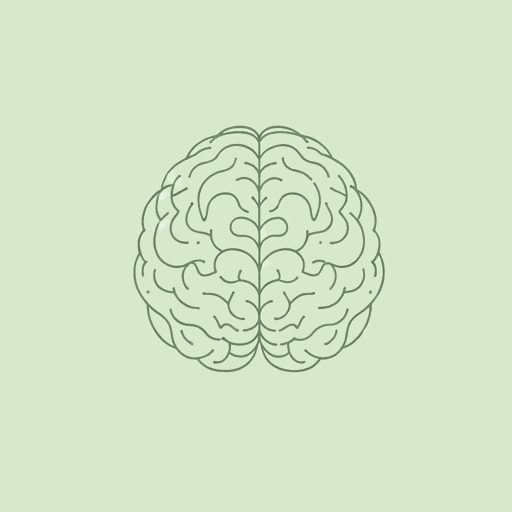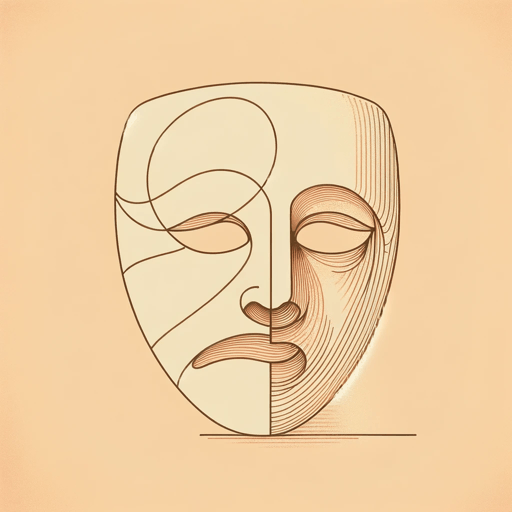31 pages • 1 hour read
AristotleOn the Soul
Nonfiction | Book | Adult | BCEA modern alternative to SparkNotes and CliffsNotes, SuperSummary offers high-quality Study Guides with detailed chapter summaries and analysis of major themes, characters, and more.
Summary and Study Guide
Overview
Aristotle (384-322 BC) was an important ancient Greek philosopher whose work embraced politics, ethics, and metaphysics. The title of his treatise On the Soul (sometimes known by its Latin title De Anima) suggests it is a seminal work on the process of understanding human beings. For Aristotle, “soul” denotes the life principle in plants, animals, and humans, and is thus a more biological and psychological than a spiritual concept. Some scholars believe that On the Soul was a significant component of Aristotle’s biology teachings at his institute of learning, the Lyceum, while others place the work at a later point in his life. Aristotle was known for extensively revising his work, and this book was likely revised many times before publication.
This guide refers to the Penguin Classics edition of On the Soul translated by Hugh Lawson-Tancred.
On the Soul is divided into three books which are subdivided into chapters. Book 1 begins with Aristotle’s assertion of the importance of the topic. He argues that understanding the nature of the soul is crucial to comprehending the principles that govern all life. While he acknowledges that the topic is challenging to grasp fully, he maintains that its importance makes it worthy of pursuit.
The bulk of Book 1 comprises Aristotle’s efforts to pinpoint the exact properties of the soul through the works of earlier philosophers. Aristotle ascertains that they are all in agreement that the soul is joined to the body and in that sense animates the body—i.e., gives it life by facilitating movement. Contrary to previous philosophers, Aristotle does not believe the soul takes up physical space within the body. From the beginning of On the Soul, Aristotle makes it clear that he does not believe the soul to be a material thing. By the end of Book 1, Aristotle has challenged the idea that the soul is a sum of the parts of the body, corresponding to the elements of fire, water, and air. He argues instead that the soul is unified in its essence.
Having acknowledged previous theories of the nature of the soul, Aristotle sets forth his own views in Book 2. He argues that the soul is the source of all movement and the essence of all life on earth. He examines life in terms of growth, arguing that the soul drives all living creatures to feed themselves and reproduce. He claims that all living things, both plant and animal, possess and are animated by a nutritive soul.
Aristotle distinguishes animal life from plant life by virtue of the possession of sense. All animals have sense, Aristotle argues, a faculty that plant life lacks. Objects in nature are known by an animal through the use of at least one of their senses. Aristotle analyzes the senses and how each one allows the animal to perceive things in the world around it. He finds that each sense involves the reception of information about the form of an object and that each sense is rooted in a specific organ. Through the use of these senses, combined with feelings of pleasure and pain, Aristotle argues that all animals feel desire and even possess the faculties of memory well as imagination.
Book 3 continues the discussion of sense perception and focuses on the rational soul, the soul that exists only in human beings. To gain a proper understanding of the rational soul, Aristotle draws a distinction between perception and thinking, stating that while all animals use their senses to perceive the world around them, only humans use judgment to produce rational thought. Aristotle analyzes this type of thought as a process involving potential knowledge and actual knowledge. All humans possess the potentiality to know, but this potentiality must be activated by a particular process in the human soul as it perceives an object of sense or of thought.
Thus, only humans have movement triggered by the mind rather than by appetites and desires. The human soul is the accumulation of three types of souls: the nutritive soul, common to plants and animals; the sensible (as relating to the senses) soul shared by all animals; and the rational soul, possessed only by human beings.
Related Titles
By Aristotle







